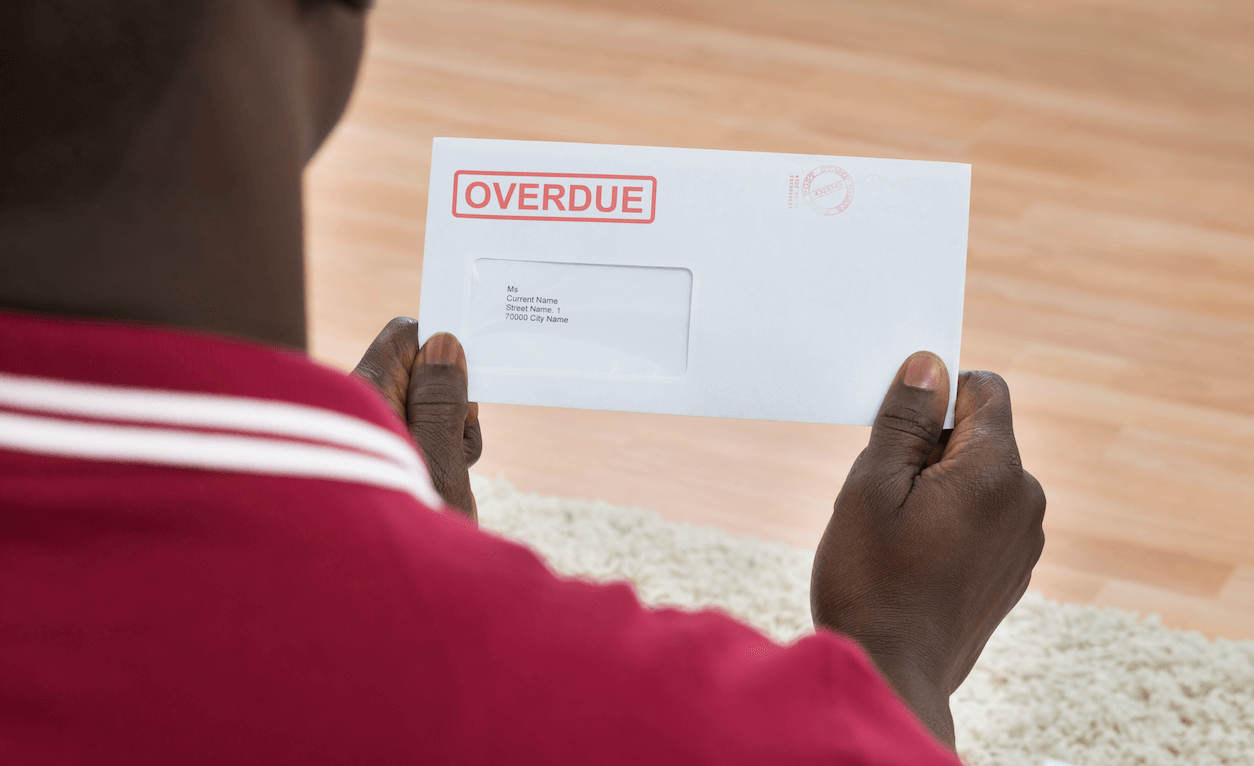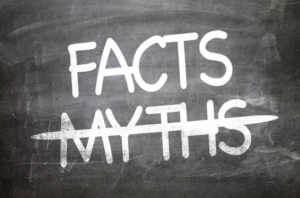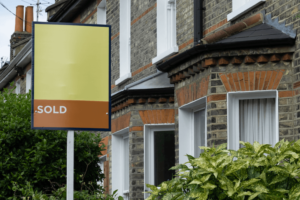No-one likes to think about their debts. Especially if those debts seem to be spiralling out of control. But the cold truth is that you have to do something about them before they begin to take control of your life.
How to get out of debt
It is at that ‘drowning in debt’ point that many people simply ‘switch off’ because the outstanding balance is too painful to consider. By ‘switching off’ we mean pushing the debts to the back of their mind and carrying on with one’s normal life. This is stressful, of course, because ignoring debt brings worry and insomnia as well as awful consequences such as demanding letters threatening court action and worse, bailiffs turning up at the door.
Life starts to feel out of control and then you are threatened with your home being repossessed.

But the good news is – debt is possible to overcome. There are debt management companies out there who can provide a personal strategy you can use to start to chip away at that debt mountain. And there are people, like ourselves with our Helping Hand service who can help you and make sure you do not lose your home.
The number of house repossessions has been creeping up again recently. Certainly, they were increasing back in 2019. Then there was the pandemic and repossessions were put on hold. Now that the furlough scheme is coming to an end, together with other government ‘safety’ schemes, repossessions are legal once again. The Money Charity calculated that someone’s house was repossessed every 94 minutes in the UK.
Difference between ‘priority’ and ‘non-priority’ debts
Both priority and non-priority debts need to be paid, but you should always deal with priority debts first in any kind of debt management plan. Here we explain both types of debt in a little more detail:

Priority Debts
Paying off your mortgage is what finance counsellors call a ‘priority debt.’ That’s because not paying it off can lead to the worst type of consequences. A priority debt can often be secured against an asset such as your home, car or other possessions.
In the case of an unpaid utility bill, it could mean your electricity and gas being switched off. In the worst-case scenario, you could end up going to jail. In addition to your mortgage and utilities, other priority debts include a tax bill, court order, car repayments, TV licence and child support.
Non-priority debts
These are debts where the lenders are often willing to wait longer for payment before imposing any action. These debts can still incur interest though, as well as penalty charges so it is possible for them to increase quite steeply.
They include Hire Purchase agreements, catalogue loans, TV package subscription etc, phone repayments, unsecured payday and bank loans, credit card debt, water bills. The worst that can happen in the short term is that you may no longer be able to use your credit card, your phone will be cut off and the Netflix subscription will no longer work.

Labelling your debt
Now write down those debts into priority and non-priority categories. Doing this will make you feel a little more in control. You can see what you are dealing with now – and start to break it down. More information on how to help yourself to get out of debt can be found on our blog here.
Next step is to devise a budget.
Devising a budget
Write down your outgoings like food, electricity, travel costs etc. Do a separate column for money you receive like wages, Income Support etc. It may be that your outgoings are bigger at the moment but that’s what you need to know so that you can change it.
Contact your creditors
Now that you’ve worked out your budget you can contact your creditors and let them know what your financial situation is. In fact, if you like, we can do that for you. Now that you know where you are financially, it is possible that your creditors can devise a more affordable repayment plan with you and, at the same time, stop any further interest being added.
Look at preventing repossession
It’s not difficult to fall into arrears with your mortgage payments if you don’t have much money coming in. A mortgage tends to be one of the biggest ongoing payments we have so it may be that for some months you didn’t have the money to cover it.
If that’s the case then call someone like ourselves to help you prevent your house from being repossessed by your lender. It may be possible to put your payments on hold for a period while you get back on your feet again. Or, it could be that it makes more sense to extend your mortgage term.
Selling your house to pay off debt
If you are tempted to go into voluntary repossession then do think carefully about this since selling property when in debt doesn’t mean that you still won’t have to worry about mortgage payments. Selling quickly to an unscrupulous house buying company will also mean that you won’t get as much money for your property as you will on the open market or through working with a company like ours. With Faster Property Solutions, you do not have to sell your property for less than it is worth.
Set up a debt management plan
Tel 0800 3247 949 or drop us an email via enquiries@fasterpropertysolutions.co.uk.
Just get in touch and one of the friendly members of our Helping Hands team will be able to assist.
Here at Faster Property Solutions we can help with the whole question of selling and inheritance tax.
The government’s Step Change organisation offers debt management plan advice and templates. These debt managers services are free so well worth a call. This is where you work out how much of your priority debts you can begin to pay off. It could be in just one area like the HMRC debt management, or it could be a handful of priority debts you need to sort.






